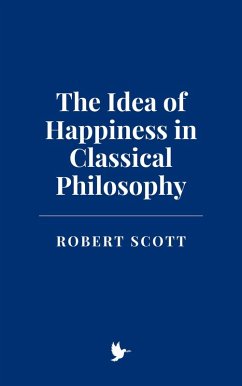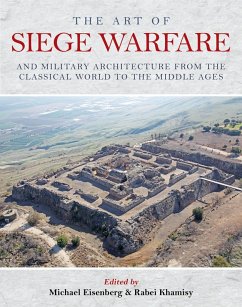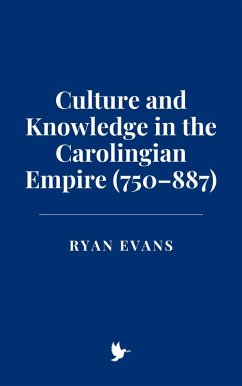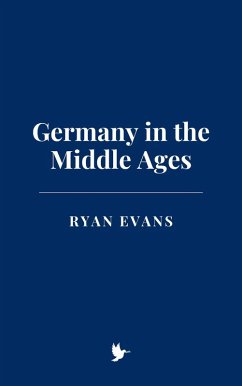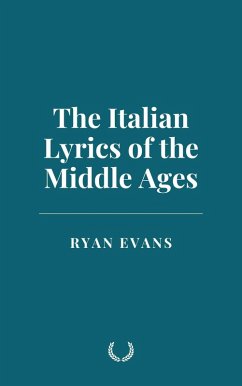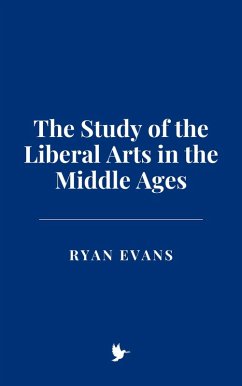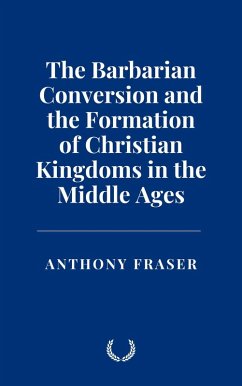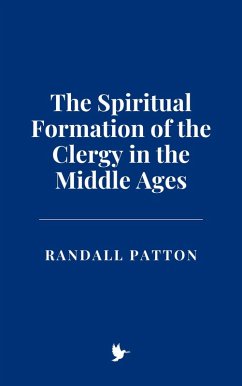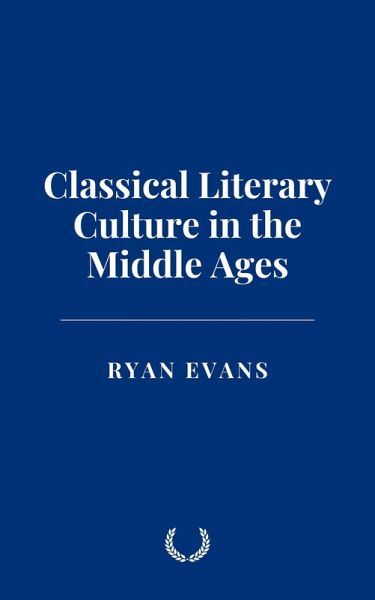
Classical Literary Culture in the Middle Ages (eBook, ePUB)

PAYBACK Punkte
0 °P sammeln!
This book provides a comprehensive exploration of the classical literary and philosophical traditions and their profound influence on medieval thought and culture. Spanning from the preservation and reinterpretation of classical texts in the early Middle Ages to the intellectual revival of the 12th and 13th centuries, the work traces the ways in which classical philosophy, literature, law, and science were re-engaged with, transformed, and integrated into Christian theology and medieval intellectual life. Through the works of influential thinkers such as Augustine, Boethius, Aquinas, Dante, an...
This book provides a comprehensive exploration of the classical literary and philosophical traditions and their profound influence on medieval thought and culture. Spanning from the preservation and reinterpretation of classical texts in the early Middle Ages to the intellectual revival of the 12th and 13th centuries, the work traces the ways in which classical philosophy, literature, law, and science were re-engaged with, transformed, and integrated into Christian theology and medieval intellectual life. Through the works of influential thinkers such as Augustine, Boethius, Aquinas, Dante, and Petrarch, the book delves into the complex process of adapting ancient Greek and Roman thought to the religious, political, and social realities of the medieval world.
The study highlights how Roman law, classical rhetoric, and ancient epic poetry were reinterpreted in a Christian context and how the rediscovery of classical texts in the 12th century spurred the intellectual revival that led to the growth of universities and the development of scholasticism. It also explores the humanist movement of the Renaissance, showing how the classical heritage was re-embraced in the 14th and 15th centuries, paving the way for the cultural and intellectual transformations that would define the Renaissance period.
Ultimately, the book illuminates the continuous interplay between classical antiquity and medieval culture, illustrating how ancient ideas, preserved through the medieval era, not only shaped Christian thought but also laid the intellectual foundations for the modern Western world. The fusion of classical learning with Christian teachings, explored in both the religious and secular spheres, is presented as one of the most significant achievements of the medieval period, influencing theology, philosophy, literature, law, and the arts for centuries to come.
The study highlights how Roman law, classical rhetoric, and ancient epic poetry were reinterpreted in a Christian context and how the rediscovery of classical texts in the 12th century spurred the intellectual revival that led to the growth of universities and the development of scholasticism. It also explores the humanist movement of the Renaissance, showing how the classical heritage was re-embraced in the 14th and 15th centuries, paving the way for the cultural and intellectual transformations that would define the Renaissance period.
Ultimately, the book illuminates the continuous interplay between classical antiquity and medieval culture, illustrating how ancient ideas, preserved through the medieval era, not only shaped Christian thought but also laid the intellectual foundations for the modern Western world. The fusion of classical learning with Christian teachings, explored in both the religious and secular spheres, is presented as one of the most significant achievements of the medieval period, influencing theology, philosophy, literature, law, and the arts for centuries to come.
Dieser Download kann aus rechtlichen Gründen nur mit Rechnungsadresse in A, B, CY, CZ, D, DK, EW, E, FIN, F, GR, H, IRL, I, LT, L, LR, M, NL, PL, P, R, S, SLO, SK ausgeliefert werden.






